Tottori Prefecture may only have around half a million permanent residents, making it Japan’s least populated prefecture, but it’s scant population only makes its abundant culture and community all the more endearing.
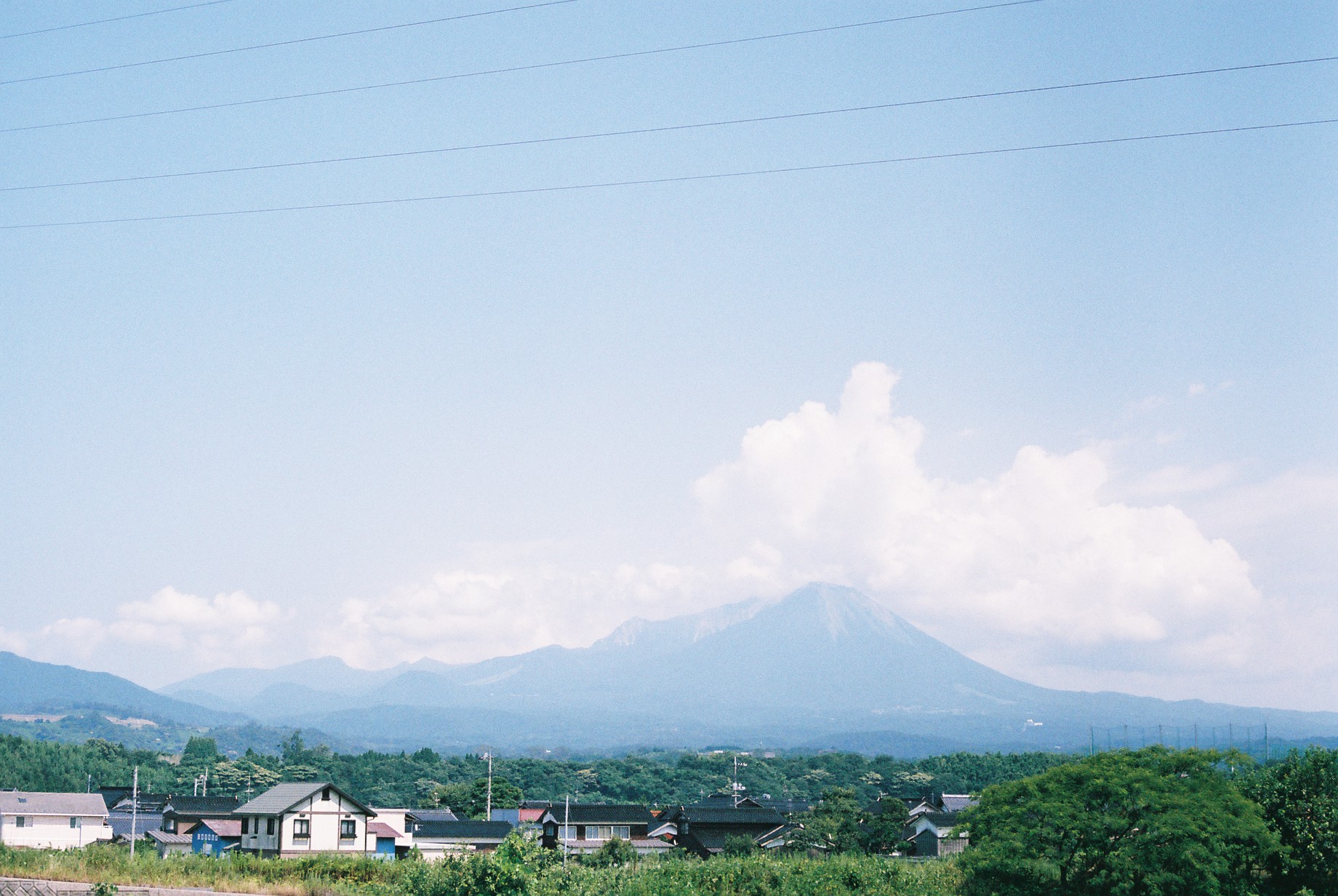
Beyond its famous sand dunes, one of Tottori’s defining features is Mount Daisen, a 1,729-meter-high volcano which cuts a powerful figure, staring down on the area from the west. It has long been a source of spirituality for the surrounding locals and is home to the 1,300-year-old Daisen-ji Temple, one of the country’s oldest and most sacred.
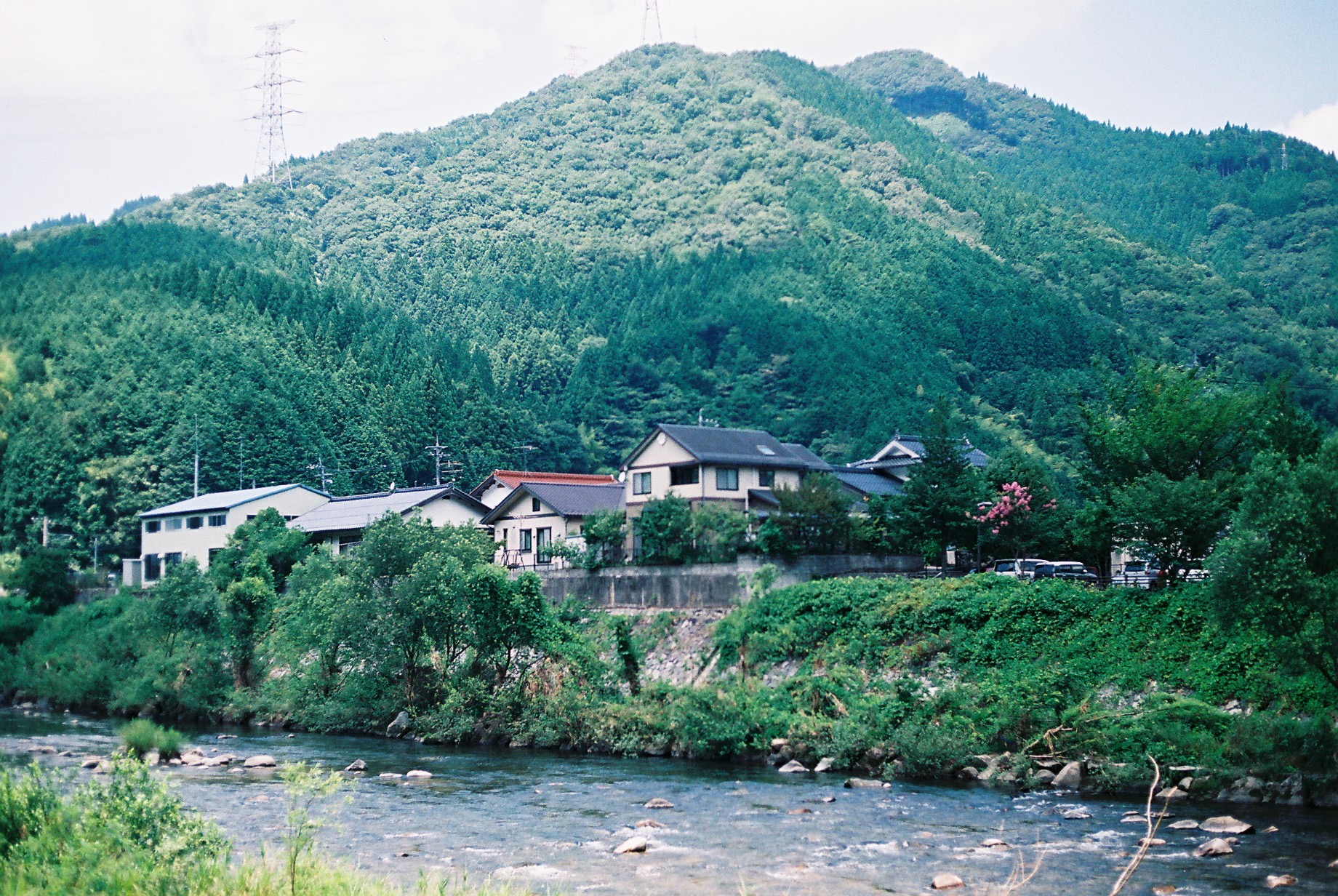
Just below the temple sits the town of Daisen, a vibrant closely knit hub of culture and unique characters. It’s almost like the cast of a feel-good television series. From a burger-making monk, the onigiri (rice ball) “player,” and the 107-year-old tofu-making godmother, Daisen is home to some fascinating, dedicated people and incredible food. To understand their food culture is to better understand this microcosm of Japanese life, so let’s take a journey through the food-centric community of Tottori’s Daisen town via its own people.
Zen burgers at Kansho-in Temple Sanrakuso
If there’s one perfect place to begin the culinary exploration of community in Tottori, it’s Kansho-in Temple Sanrakuso. This sacred temple and guesthouse is nestled at the foot of Mount Daisen and is just a short walk from Daisen-ji Temple. The tranquil hideout features 15 traditional-style tatami mat guestrooms, one of which was occupied by Princess Mako earlier this month.
Open to both overnight and day guests, the temple’s restaurant crafts traditional Buddhist-style dishes called shojin ryori, vegetable-based cuisine which came into popularity with the spread of zen style Buddhism in the 13th century. Free from all animal products, shojin ryori dining has long been thought of as a key way to maintain the balance between the body, mind and spirit.
Kansho-in Temple Sanrakuso’s dining strictly adheres to making the most of the available mountain food sources found in the Mount Daisen area. Don’t expect your typical vegan dish, but do expect innovation. Goken Shimizu, the priest of Kansho-in Temple, has even crafted his own contemporary buddhist creation, a completely vegan shojin ryori rice burger, dubbed the “zen burger.” Beyond the 2018 take on traditional Japanese dining you can also expect plenty of unique styles of tofu, root vegetables, and a deep level appreciation for the natural abundance that surrounds the mountain.
Freediving at Misaki fishing port
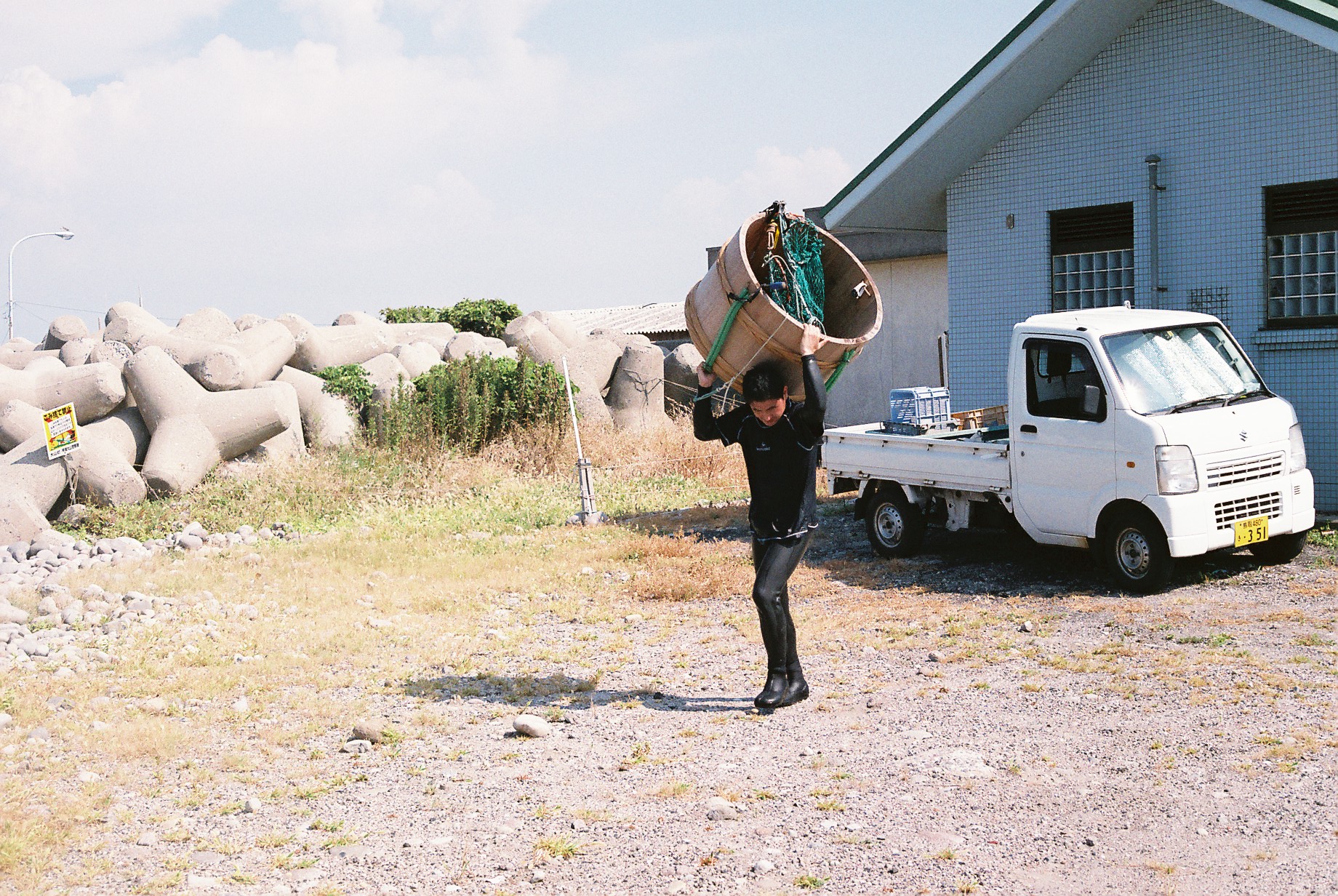
Thanks to its position along the northern coast of southern Honshu, Tottori Prefecture is home to some of the best fishing spots in the country. Sitting 45 minutes east from the more famous Sakaiminato Port is where you’ll find Misaki fishing port, home to the freediving fishermen of Daisen town.
Freediving, is one of the most basic and environmentally friendly forms of fishing, requiring nothing but a wetsuit, a 20-kilogram barrel for collecting fresh seafood, a strong pair of lungs and a whole lot of knowhow. One of Daisen’s most expert divers is Takayuki Nakamura, who was born in Saitama Prefecture (just north of Tokyo). At the time just an aspiring freediver with very little experience, Nakamura said his move came from a hunger for a more community-centered, slow-paced life and greater job prospects.
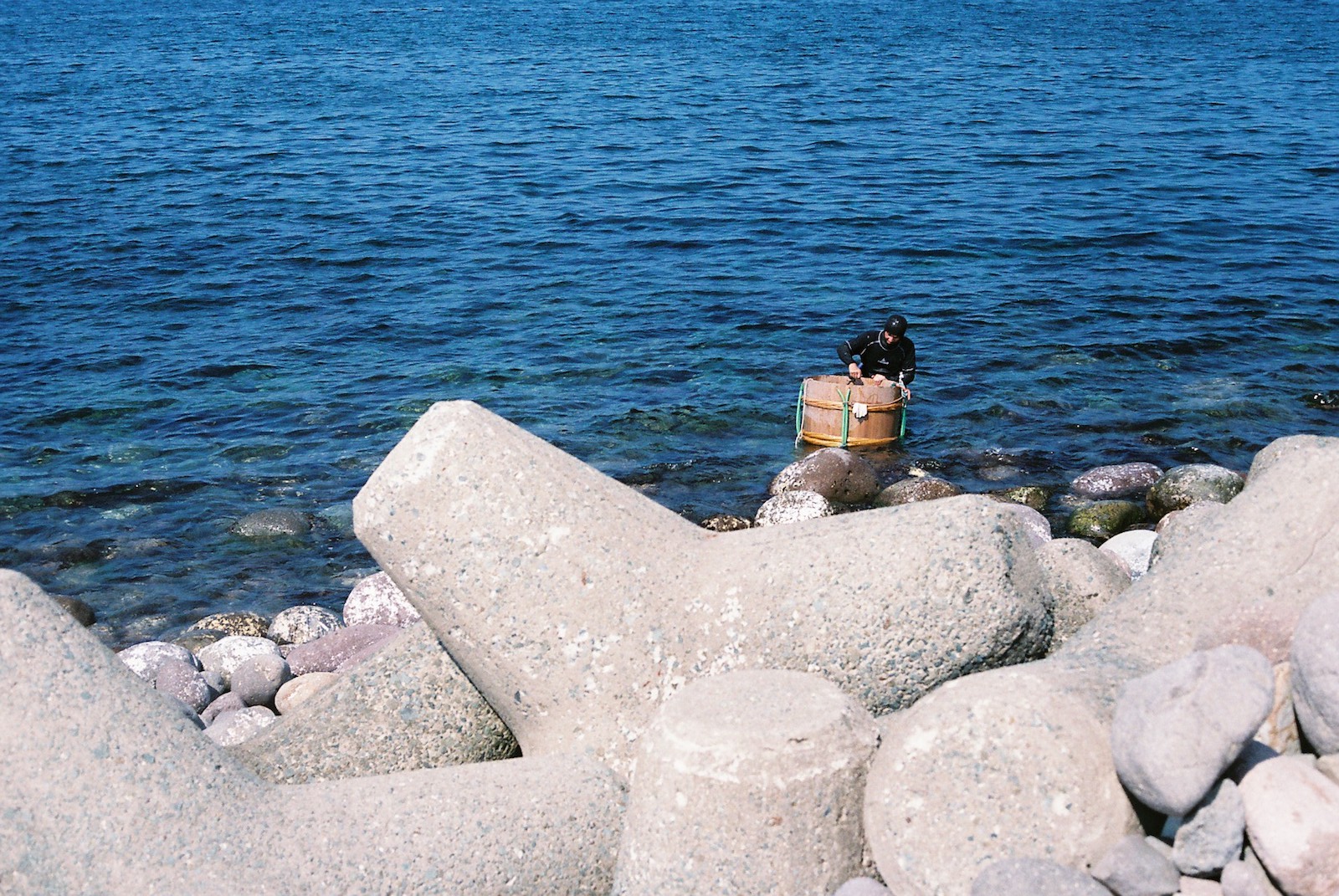
Every working morning at 7 a.m., Nakamura heads off to Misaki port just a few minutes from Daisen’s town center. He spends the next five hours scouring the sea for fresh oysters to sell at the market. After working the morning shift, at around lunch, he often makes his way to Daisen town to spend some time at Mabuya, a community center and cafe, and the beating heart of Daisen.
Meet Onigiri-Kun at Mabuya
Equal parts educational hub, gallery and cafe, is the once-abandoned hospital turned multi-purpose community center called Mabuya. Situated in the town center of Daisen, it is the epitome of Daisen’s commitment to building community through the power of food. Here, on Thursdays, Saturdays and Sundays you’ll find a vibrant cafe with a twist. The people behind the counter and in the kitchen here are a rotating roster of fresh faces from the Daisen area, who volunteer their time in exchange for hands-on experience and hospitality knowledge that should one day be useful for their own small businesses.
The menu changes weekly and reflects the individuality of the person behind the dish, so don’t expect your typical cafe offerings. Visitors are more than welcome to pop in for a drink and a chat, and if you do hang around long enough, then chances are you’ll bump into a man not over age 25 dressed a little like a monk, proudly brandishing a small onigiri (rice ball) shaped badge just above his heart. This is Onigiri-Kun.
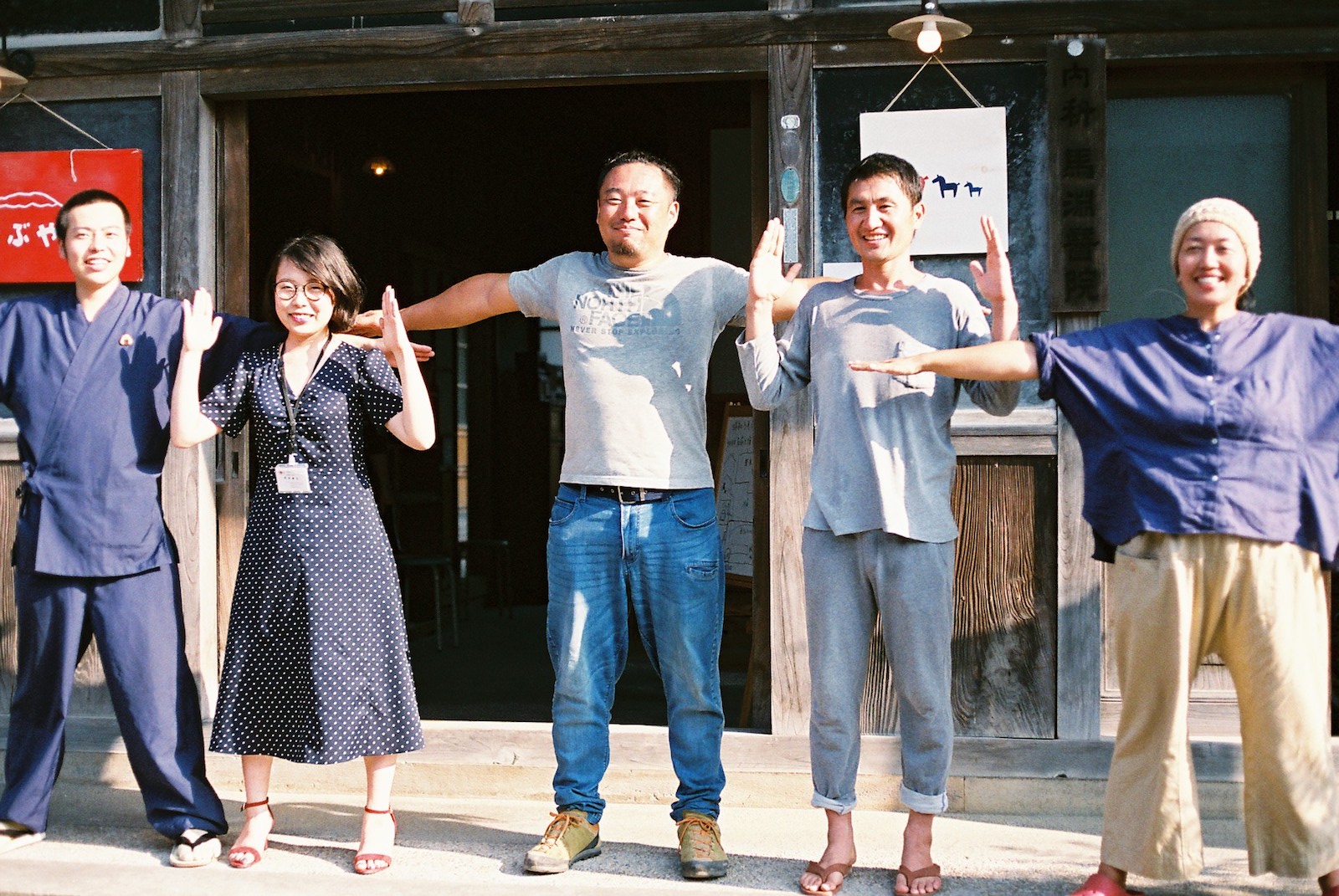
One of the Mabuya regulars, Onigiri-Kun is drawn to the area because of his passion for food. Hailing from Wakayama Prefecture, he’s a self-described “rice ball player” who spends his time either here helping run the kitchen, or by Mount Daisen selling onigiri to those making the pilgrimage to the temple. The human embodiment of Daisen town’s ideology, Onigiri-Kun lives to “provide food and support” to others in the community and hopes to one day establish his own onigiri shop.
Homemade Tofu at Daisen Town
While Onigiri-Kun is serving up rice, another group is focused on a different staple of the Japanese diet. Community and food forever entwined, in the Kuninobu district of Daisen town is where you’ll find locals Ryo Tanio and Keiji Aoki taking charge of what’s got to be one of the longest-running tofu making collectives in Japan. Starting in 1954, this humble hut produces some of the area’s most in-demand and lovingly crafted tofu, created every Wednesday from Tottori-grown soybeans. Although in their early to mid 70s, both men get up at 4 a.m. every Wednesday to fill out the firm block tofu orders so they’re ready to be picked up fresh later that day.
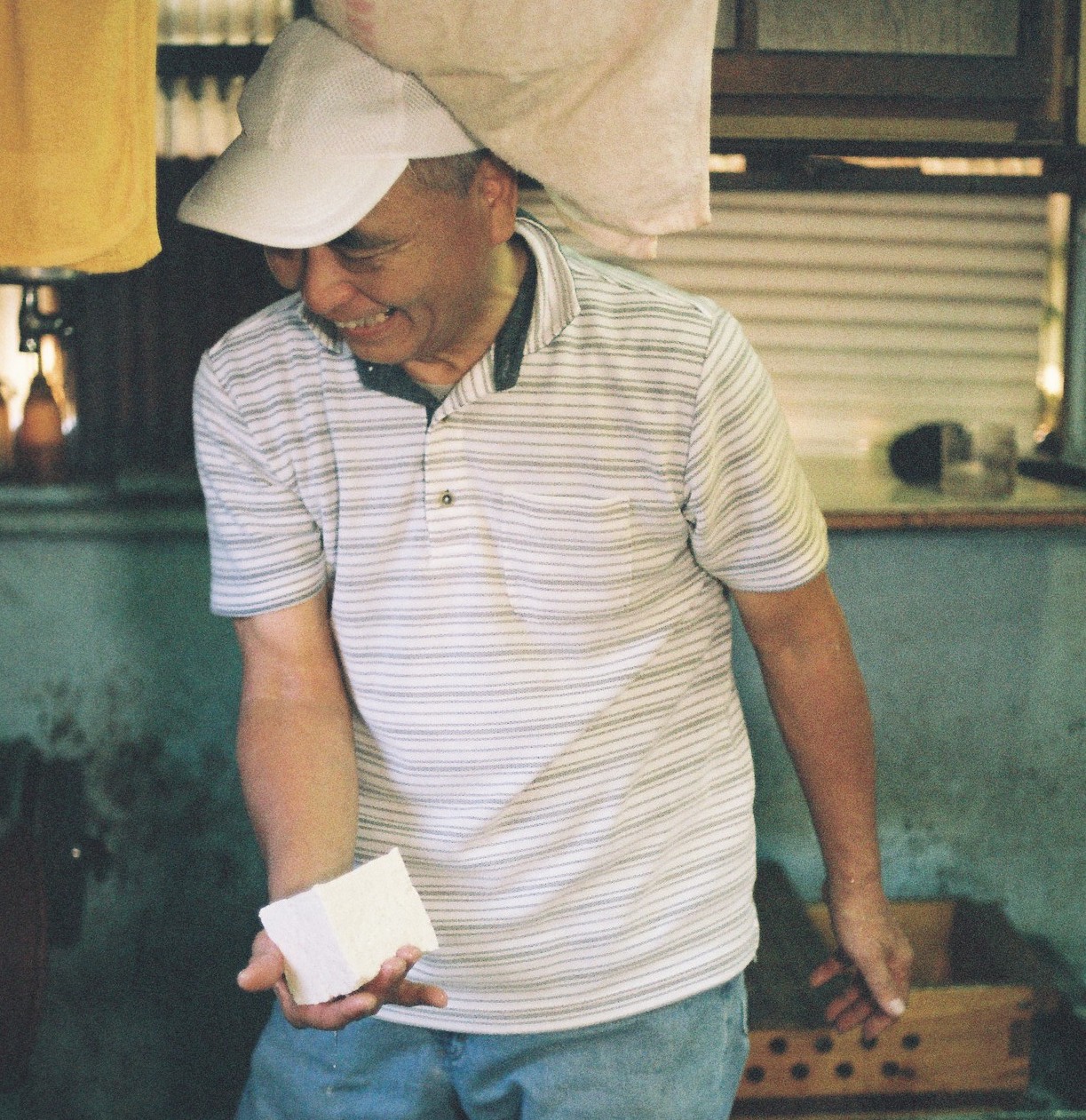
There’s not a whole lot of cash to be made in the home-made tofu business. In fact, the price of the tofu is only enough to cover costs, but that’s not why they do it. What they’re cultivating is far more valuable than 26 blocks of soy — they’re keeping the local culture alive and well.
It’s something the two take seriously, especially considering that one of the original tofu hut founders is still alive and kindly maintaining a watchful eye. At an impressive 107 years of age, the town’s tofu grandmother, also known as Tanio-San (a vague relation to her predecessor) retired a few years ago but still keeps busy writing haiku, doing a little “agriculture work when it's cooler” and keeping her connection to the community, she said.
When asked why she started the tofu hut all those years ago, Tanio-San explained it simply.
“Making tofu is a lot of fun,” she said. “I was able to chat with friends.”
Friends, community, food, connection: That’s what Daisen is all about.
© Japan Today Take our user survey and make your voice heard.
Take our user survey and make your voice heard.















2 Comments
Login to comment
talaraedokko
Few people in the big city are as happy as those in these communities.
Raymond Chuang
Be aware, though, that getting to the Mt. Daisen area is not that easy nowadays. The closure of the JR West Hakubi Line due to the recent very heavy rains has made it more difficult to reach that area, even with bus service.